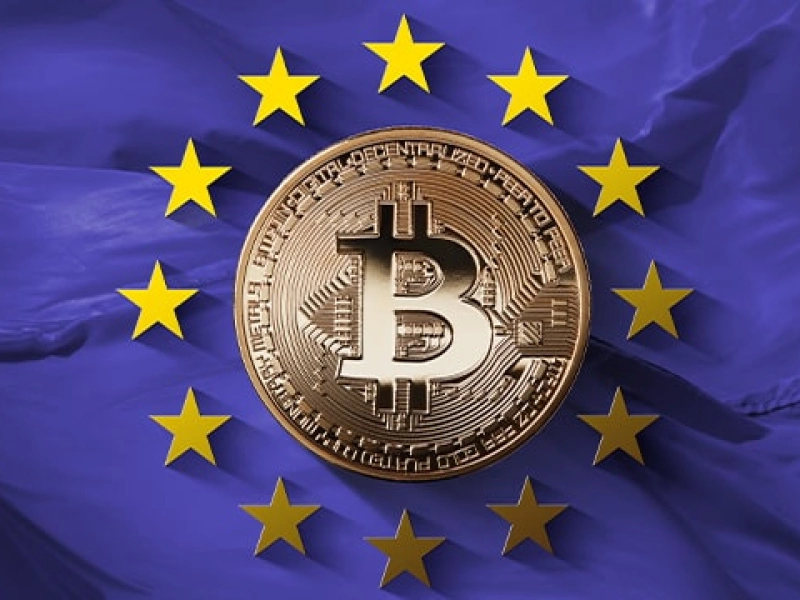The EU called for stricter rules for advertising cryptocurrencies on social networks
The European Union called for stricter rules for advertising cryptocurrencies on social networks
European Consumer Organization has filed a complaint to the European Commission against popular resources and insists on control over the promotion of cryptocurrencies at the level of the European Union
BEUC, the European consumer protection association, has asked the European Commission and national regulators to impose stricter restrictions on the advertising of cryptocurrencies on popular social networks. On June 8, the organization said it, along with its affiliates in nine EU countries, is complaining about Instagram, YouTube, TikTok, and Twitter for allowing unscrupulous advertisers to deceive consumers with their crypto-asset offers.
BEUC, the European Consumer Protection Association, has asked the European Commission and national regulators to impose stricter restrictions on cryptocurrency advertising on popular social networks. On June 8, the organization said it, along with its affiliates in nine EU countries, is complaining about Instagram, YouTube, TikTok, and Twitter for allowing unscrupulous advertisers to deceive consumers with their crypto-asset offers.
BEUC alleges that crypto marketers on popular social networks are misleading users and putting them at serious risk and that the platforms are circumventing regulations that prohibit the promotion of unlicensed financial products.
The organization, which brings together 45 independent consumer organizations from 31 countries, published a report titled "Hype or Harm? The Great CryptoSphere in Social Networks", in which it cites various evidence that cryptocurrency promotion is conducted in social networks, which contradicts the platforms' own advertising policies.
"Alleged Advisors. What bloggers face for advertising a cryptocurrency scam
The document states that TikTok, Instagram, Twitter, and YouTube are liable for not preventing misleading cryptocurrency ads from appearing in ads and influencer accounts. BEUC also mentions so-called "influencers" (financial influencers), who often pose as experienced traders.
The authors of the report point out that bloggers have become an important source of information for young audiences. Which, in turn, is more prone to buy cryptocurrencies without proper risk assessment than older generations.
- Binance lawyers find a way to remove the SEC head from a legal case
- Binance.US will close trading of 40 currency pairs and OTC trading at once
- Trading volume on the largest DeFi-platforms increased by 180% in two days
- Katie Wood's company ARK Invest has bought Coinbase stock worth $21 million.
- Large market makers withdrew from Coinbase and Binance almost $70 million in assets
- How the outcome of the Ripple case will affect the crypto market after new lawsuits from the SEC
- The capital of the heads of Binance and Coinbase decreased by $1.6 billion in two days






